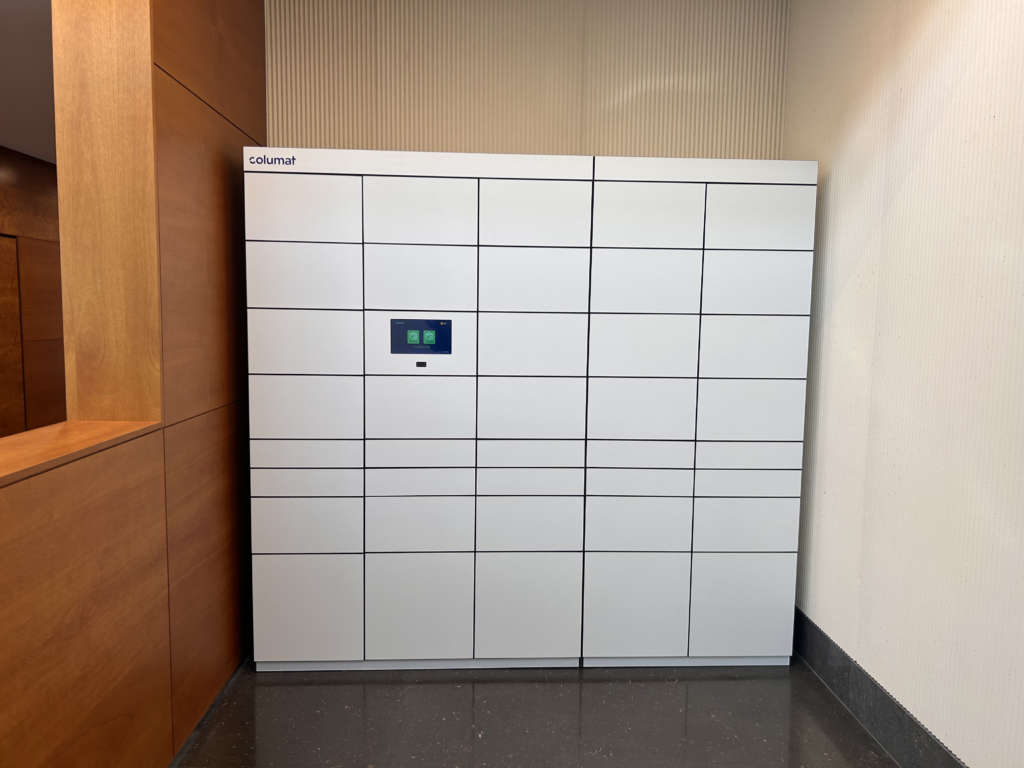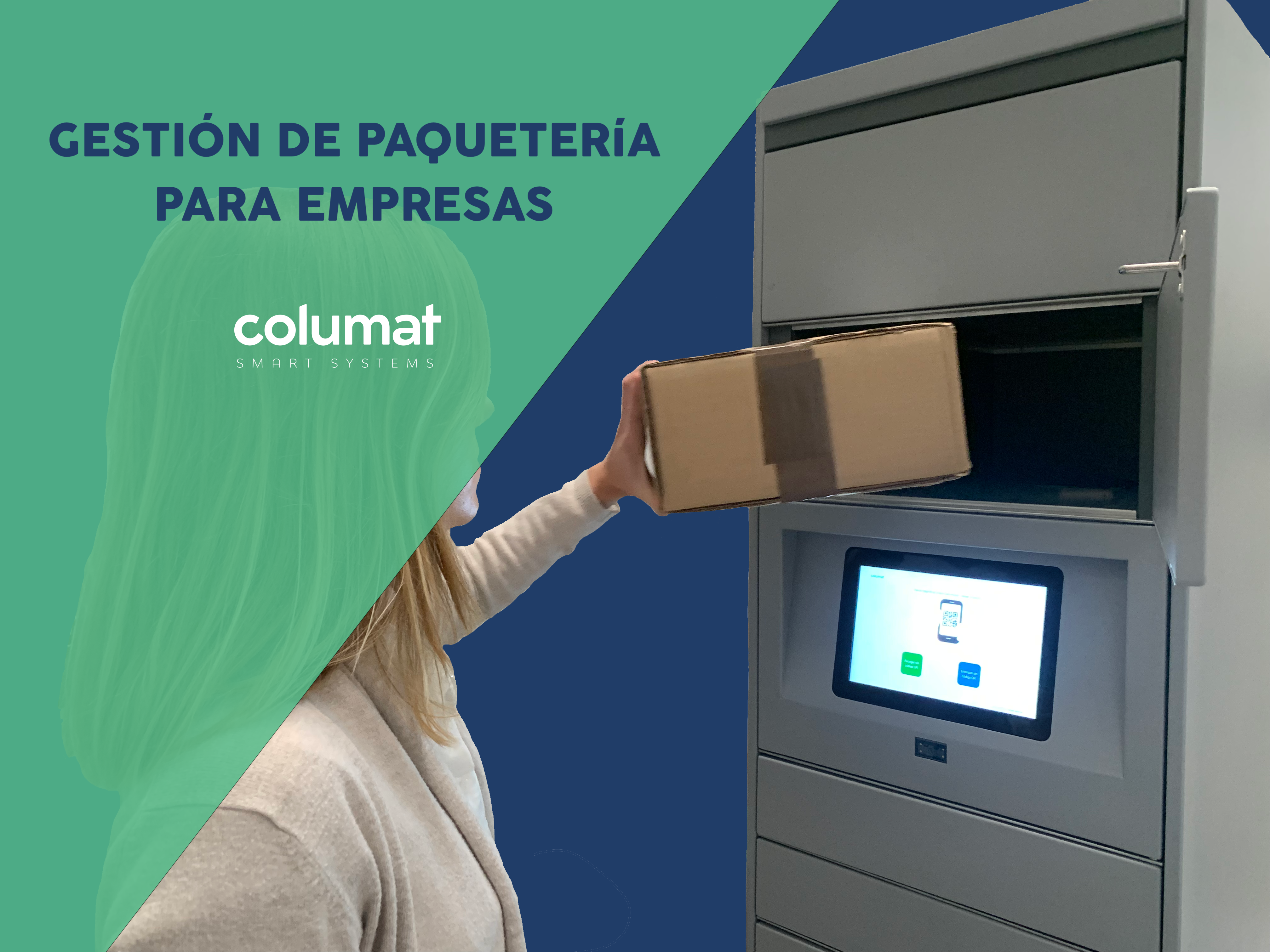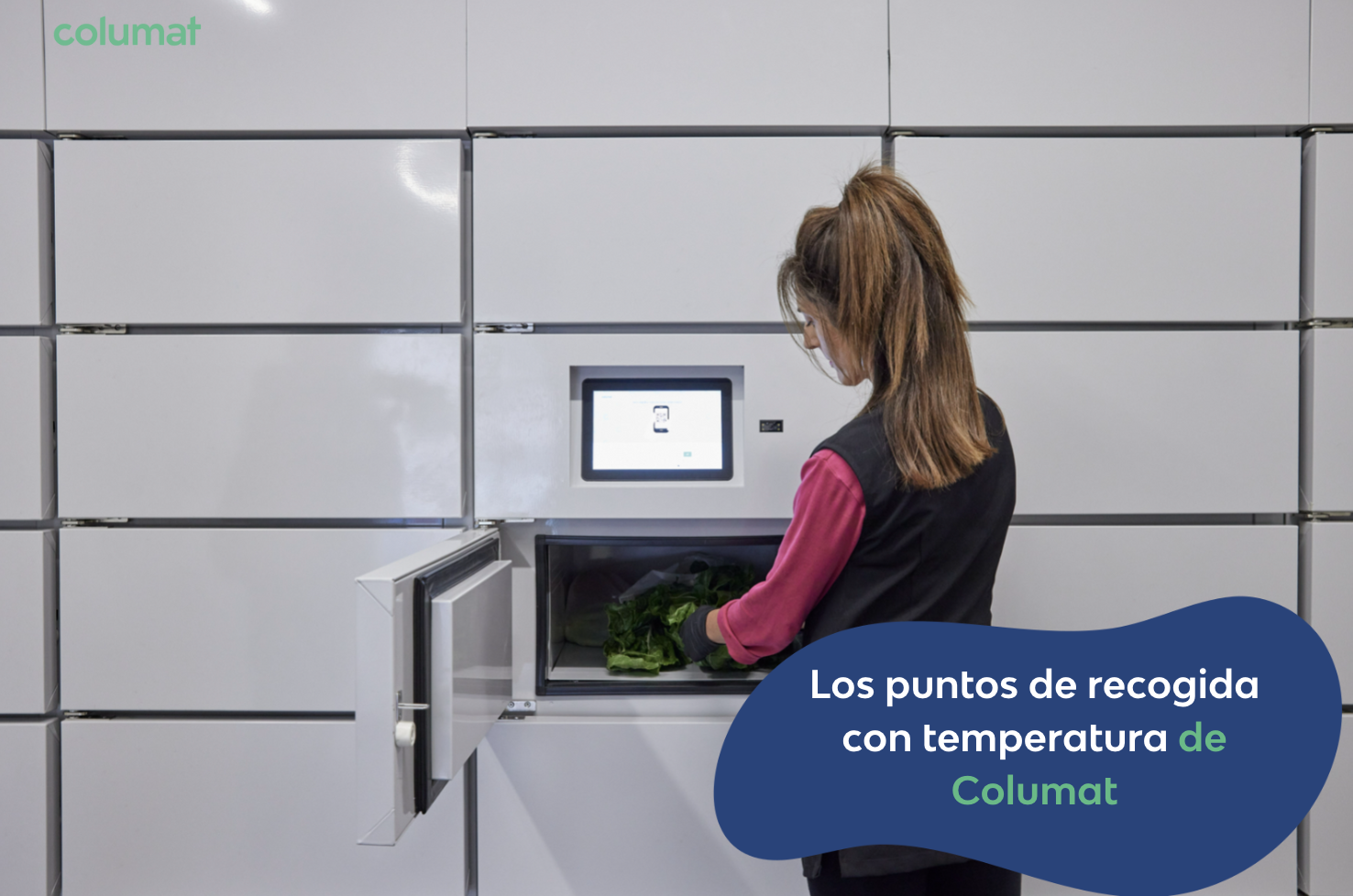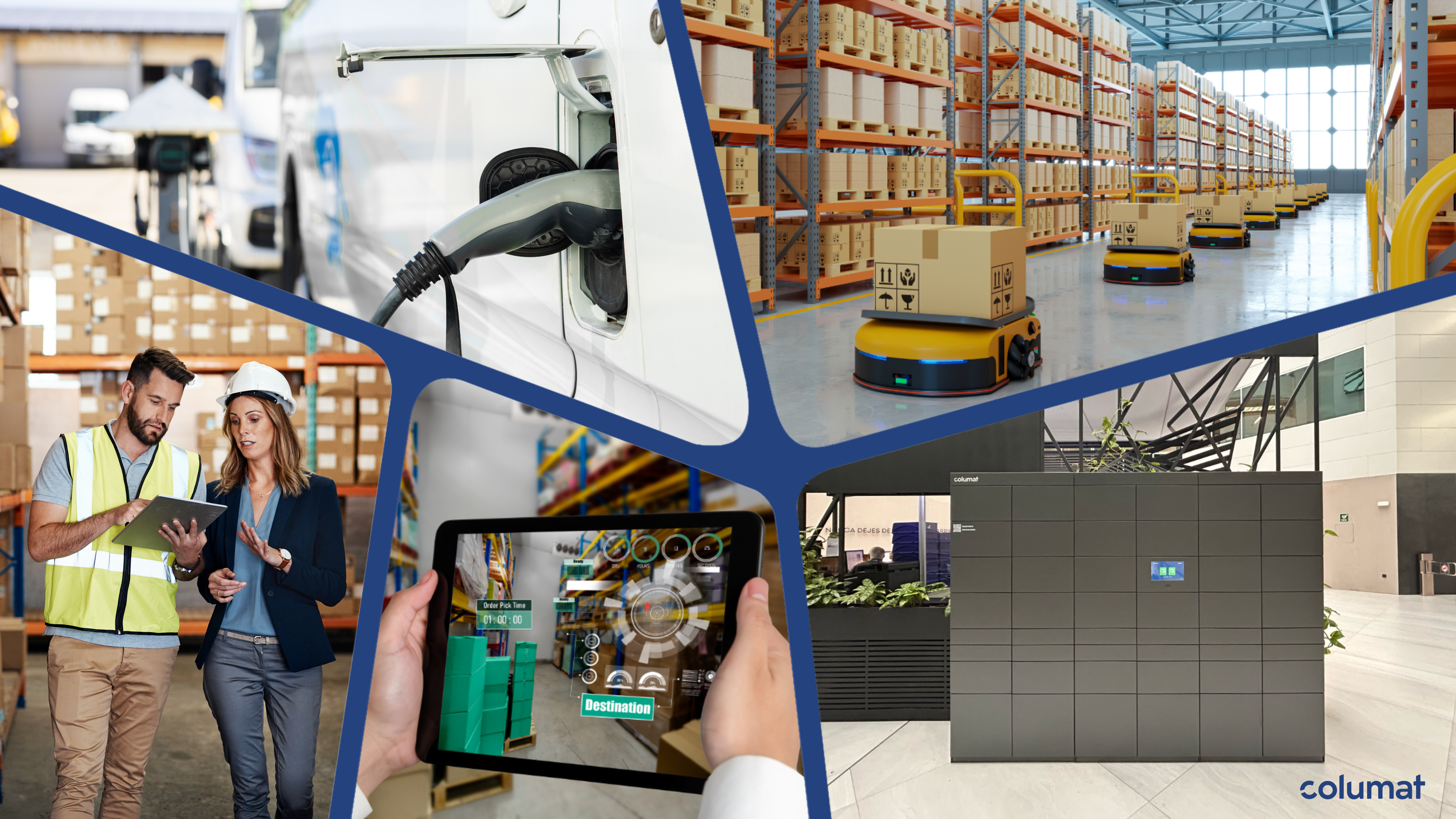Logistics history
Logistics history: New processes and their automation
Logistics has played a fundamental role in trade for centuries. However, in Spain it did not reach its true potential until the 1980s and 1990s. Before that time, small transport companies did not have logistics operators or specialized warehouses. But from 1997 onwards, with the arrival of the first logistics operators and business mergers, the sector underwent a significant transformation, driven by demand from large industries that began to outsource their logistics services.
The adoption of technologies such as automation and barcode readers marked a turning point in the history of logistics. This gave rise to intralogistics, which refers to the management and optimization of material and goods flows within a company or facility, especially in warehouses and distribution centers.

This period prospered for the sector, contributed significantly to GDP and generated employment, but the financial crisis severely affected logistics until 2015.
New technological solutions
After the crisis, digitalization and technological innovation were consolidated, introducing warehouse and route management systems, as well as the use of the cloud. E-commerce further accelerated these advances, focusing on automation and the last mile. Solutions such as smart lockers have also significantly automated and optimized logistics, enabling faster and more convenient deliveries for consumers and more ecofriendly and optimized logistics for carriers.

With the advance of e-commerce and globalization, logistics has had to adapt quickly. Today, warehouse management systems, the use of the cloud and automation solutions such as smart lockers are essential to remain competitive in a globalized market. These innovations enable companies to offer a more efficient and faster service, meeting the growing demands of modern consumers.
In conclusion, logistics has always played a crucial role, even though much of the population is unaware of its role in society and its value, continually transforming and adapting to changing market demands. The constant technological evolution and the growing need for sustainability ensure that logistics will continue to be a critical component of global trade, improving not only operational efficiency, but also customer experience and environmental responsibility. At Columat, we are always committed to automated, sustainable and optimized logistics, while reinventing current practices.
Here is a link to our blog with information on different aspects of logistics:


